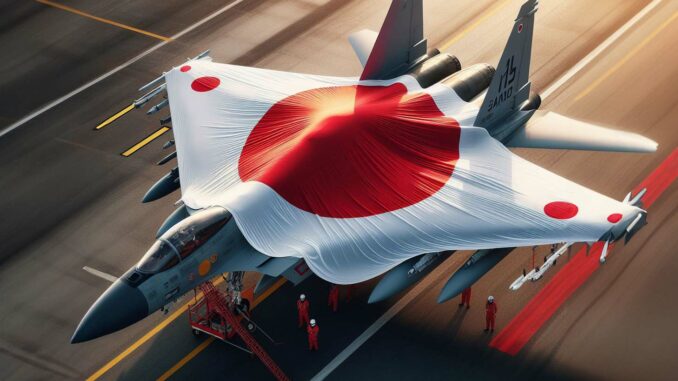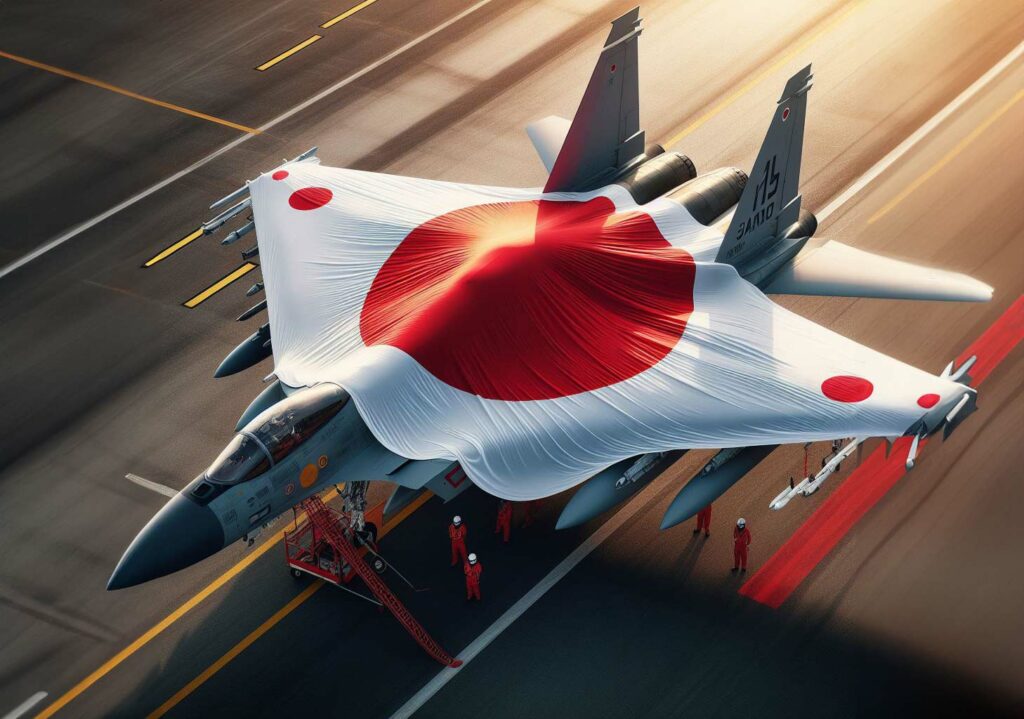
In-depth analysis of Japan’s decision, under the leadership of Fumio Kishida, to export new-generation fighter jets, highlighting its strategic and economic impact.
Japan’s export of new-generation fighter jets is part of a strategy to strengthen its national interests. Prime Minister Fumio Kishida stresses the importance of this initiative, which is being considered in collaboration with the UK and Italy. This initiative could redefine Japan’s position in the international defense arena, while responding to economic and strategic imperatives.
Strategic importance of exports
The export of new-generation fighter jets represents a strategic pivot for Japan. By breaking the shackles of its traditional restrictions, the country plans to position itself as a major player in the global defense industry. This decision could profoundly transform its defense sector, fostering technological advances and consolidating international partnerships.
Economic and developmental implications
The adoption of this export policy could bring significant economic benefits for Japan. By enabling partner nations to acquire these jets, Japan is fostering the economies of scale essential to the project’s success. It could also accelerate the development of the aircraft, with a target date of 2035, thus optimizing resources and investments.

Political considerations and international partnerships
Collaboration with the UK and Italy on the development of these jets illustrates Japan’s willingness to engage in strategic partnerships. However, this approach is closely scrutinized by domestic political parties, in particular the Komeito party, which takes a cautious stance on arms exports. The alignment of internal political visions is crucial to the project’s sustainability.
Impact on international reputation
The success of this tripartite program is essential for Japan’s international stature. An inability to export could tarnish its image as an unreliable partner in future defense co-development projects. It is therefore imperative that Japan demonstrates its ability to carry out initiatives of international stature.
Challenges and prospects
The major challenge lies in reconciling technological development ambitions with the pacifist principles enshrined in the Japanese Constitution. The revision of Japan’s arms export policy must take into account the delicate balance between national security imperatives and Japan’s international commitments.
Japan’s initiative to promote the export of its new-generation fighter jets has a crucial strategic dimension, both economically and geopolitically. This decision could not only strengthen Japan’s position as a key player in the global defense industry, but also influence the architecture of international security. The success of this project requires skilful management of domestic political issues, effective collaboration with international partners and a strategic vision aligned with the country’s pacifist principles.
War Wings Daily is an independant magazine.